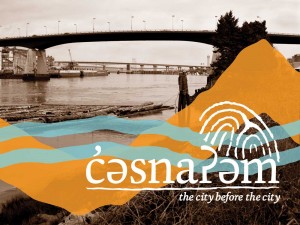Storytelling as a technology of memory
by mariana drok
 For the last two weeks our ASTU class has been discussing topics related to literature and memory. We looked at the ways they interact and supplement each other. The discussions dealt with the phenomenon of collective remembering and learning, which is widely described in Farhat Shahzad’s article ‘The role of Interpretive Communities in Remembering and Learning’. I find this theme relevant and worth being a part of a global dialogue because of the educational contribution that can be made with a better understanding of interpretive communities and the process of collective remembering. In this post I would like to look closer at such a powerful technology of memory as storytelling.
For the last two weeks our ASTU class has been discussing topics related to literature and memory. We looked at the ways they interact and supplement each other. The discussions dealt with the phenomenon of collective remembering and learning, which is widely described in Farhat Shahzad’s article ‘The role of Interpretive Communities in Remembering and Learning’. I find this theme relevant and worth being a part of a global dialogue because of the educational contribution that can be made with a better understanding of interpretive communities and the process of collective remembering. In this post I would like to look closer at such a powerful technology of memory as storytelling.
The significance of the interpretive communities in the First Nations’ history cannot be overlooked. UBC is located on the traditional, ancestral, unceded territory of the Musqueam people. This nation was present on the territory of British Columbia for thousands of years. However, Musqueam people were forced to leave their land because of the development of the metropolitan city. This, of course, greatly affected the way they organized their lives. In addition to that, the whole Musqueam culture as well as their language were put under the threat of extinction. Only by means of a collective memory Mosqueam people were able to save their traditions and cultural heritage. The Museum of Anthropology provides a wide range of information and exhibitions on the history of the first nations. One of the most impressive parts of the museum is a small kitchen room with a table in the middle of it. This piece of art symbolizes the process of collective remembering and learning. For Mosqueam people a narrative is the most efficient and common way to share information with others, as it involves both personal emotions and their identity. According to Wertsch, collective remembering in interpretive communities allows to tie past to the present. History, on contrary, excludes personal experience and ‘aspires to provide accurate account of the past, even if it means we must give up favored and often self-served narratives’.
Information is a powerful tool of manipulation in the 21st century. When it is being distorted the only way to learn the truth is by listening to people, who have experienced a particular event themselves. Not only does storytelling clarify data, but also makes it easier to be remembered.
Photo retrieved from: http://moa.ubc.ca/collections/
Works Cited:
Wertsch, James V. and Roediger III, Henry L. (2008) ‘Collective memory: Conceptual foundations and theoretical approaches’, Memory, 16:3, 318 – 326
One Response to “Storytelling as a technology of memory”